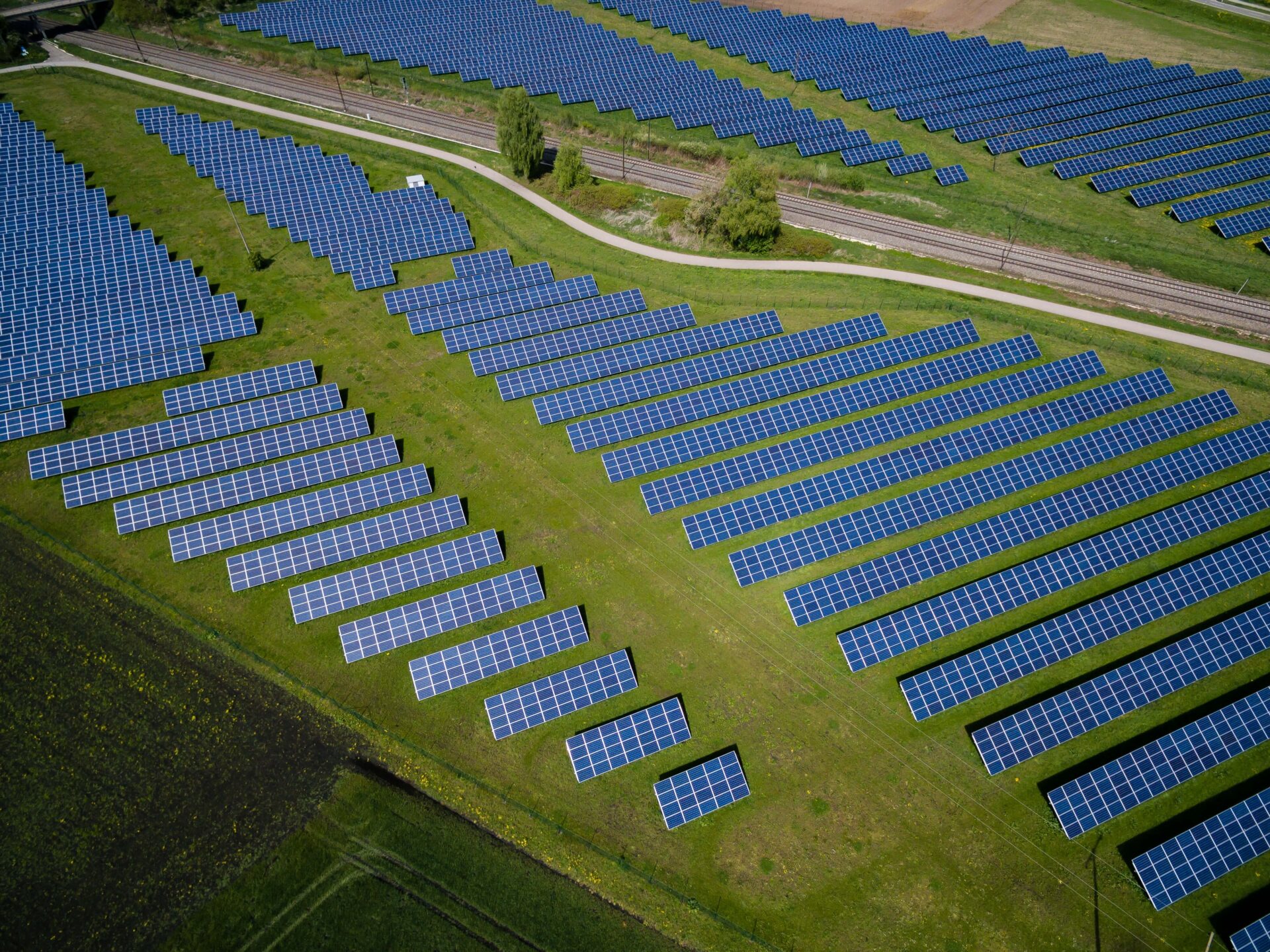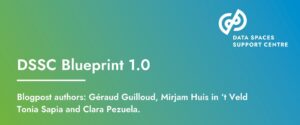This content was created by the Data Sharing Coalition, one of the founding partners of the CoE-DSC.
Data is becoming an increasingly valuable asset in a wide range of domains of the economy. In many cases, the value that can be created with data increases when it is shared across organisations and domains under control of the entitled party. This is also the case for the financial and energy domain. The Data Sharing Coalition is supporting a Dutch case in sharing of energy data towards mortgage providers to support (new) green loans.
The energy sector of the future is giving the entitled party more control over its energy data
Data will play an ever-increasing role in the energy sector of the future. Market dynamics are shifting from a landscape where a few centralised organisations operate the grid to an ecosystem of systems and distributed prosumers; actors that both provide and consume energy. In order to ensure an efficient market of prosumers, seamless flow of data on current and future energy demand and supply is fundamental. Due to data breaches, pressing new regulation such as the GDPR and Energy Directives, there is an obvious growing need from all stakeholders to have more control over this data. This means that, for example, a consumer is able to exert more control over their energy data at the source and decides which new parties are allowed to use their energy data based on what added value is provided.
Besides creating an efficient market, this also unlocks new value creation. The main focus of usage of energy data is currently on balancing the grid. With the entitled party (e.g. consumer) in control, energy data can also be used for other (cross-sectoral) applications that provide direct added value for the entitled party and drive a more sustainable society.
The financial sector will drive the energy transition through loans and investments
The financial sector has an important role in the journey to a more sustainable world and especially the energy transition. Product development and the roll-out of new innovations that reduce society’s ecological footprint requires significant investments, and the financial sector has the resources to fund these investments.
Regulators and supervisors recognise this role for the financial sector. Several new forms of EU legislation specifically for this topic will be implemented in the forthcoming years. The Dutch financial authority (AFM) has also recently published a position paper on the importance of the financial sector in sustainability.
Financial institutions recognise their responsibility and not only take action with more emphasis on sustainability in their internal operations, but more importantly, by increasingly mobilising funds to support sustainable investments. In order to further ramp up their supporting role for sustainable investments, financial institutions are actively exploring and developing new ‘green’ financial products to include in their product portfolio.
Using external, reliable data sources for a better customer experience
For issuing loans, loan providers assess a wide range of variables to determine the maximum sum and the terms of a loan. In order to gain insights in these variables, financial institutions analyse a large amount of data that they obtain from different sources. In the case of consumer loans, the loan provider often requires a large amount of information from the consumer. The process of providing and analysing this information is often a hassle for both parties as required documents are dispersed and not easy to share. When a consumer is able to share structured data directly from a reliable external source with a single click, this provides a superior experience for both the consumer and the loan provider.
Introducing Green Loans: a data sharing use case initiated by the Data Sharing Coalition
Given the developments explained above, Data Sharing Coalition participant Hypotheken Data Netwerk (HDN) initiated the Green Loans use case in the Data Sharing Coalition, together with system operators and several other stakeholders. HDN provides a standard and platform for data exchange in the Dutch financial domain.
In this use case, the consumer will be enabled to use their energy data to receive support with making their house more sustainable. This support can range from sustainability advice to financing of investments in energy saving measures (e.g. heat pumps or solar cells). The consumer shares data on his or her energy consumption with an intermediary and/or loan provider, who in turn is able to assess potential savings from certain energy saving measures. This can result in standalone advice but can also be incorporated in advice on a new mortgage or extension of an existing mortgage to finance these energy saving measures.
The ‘Green Loans’ use case provides a pivotal first step in giving the consumer more control of their energy data. Since the data can be shared directly from the source, the data will be reliable and easy to share. All the consumer needs to is authorise a data transaction, and the intermediary and mortgage lender will have direct access to the specified dataset, all under control of the consumer. The use case will be designed to facilitate many-to-many reach, allowing all consumers to share their energy data with all intermediaries and loan providers in the same way.
Data Sharing Coalition as a platform to create cross-sectoral value from data
The Data Sharing Coalition provides a platform for the development of this cross-sectoral use case of data sharing. Besides the initial matchmaking between HDN and the system operators, the Data Sharing Coalition supports this use case with knowledge from other participants on topics such as regulation and consumer authorisations, and with expertise on ensuring this use case will be scalable to other contexts as well.
This use case is just the first step in using data to drive a more sustainable society. When facilities designed for this use case can be re-used for data sharing with other domains or from other sources, it would allow the consumer to benefit from even more new services or products based on their energy data, ultimately supporting the achievement of national and international objectives around a more sustainable society.
Are you interested in the Green Loans use case? Learn more
We always welcome ideas to define and realise new cross-sectoral use cases of data sharing. Do you have an interesting idea? Please send us an email: info@coe-dsc.nl




